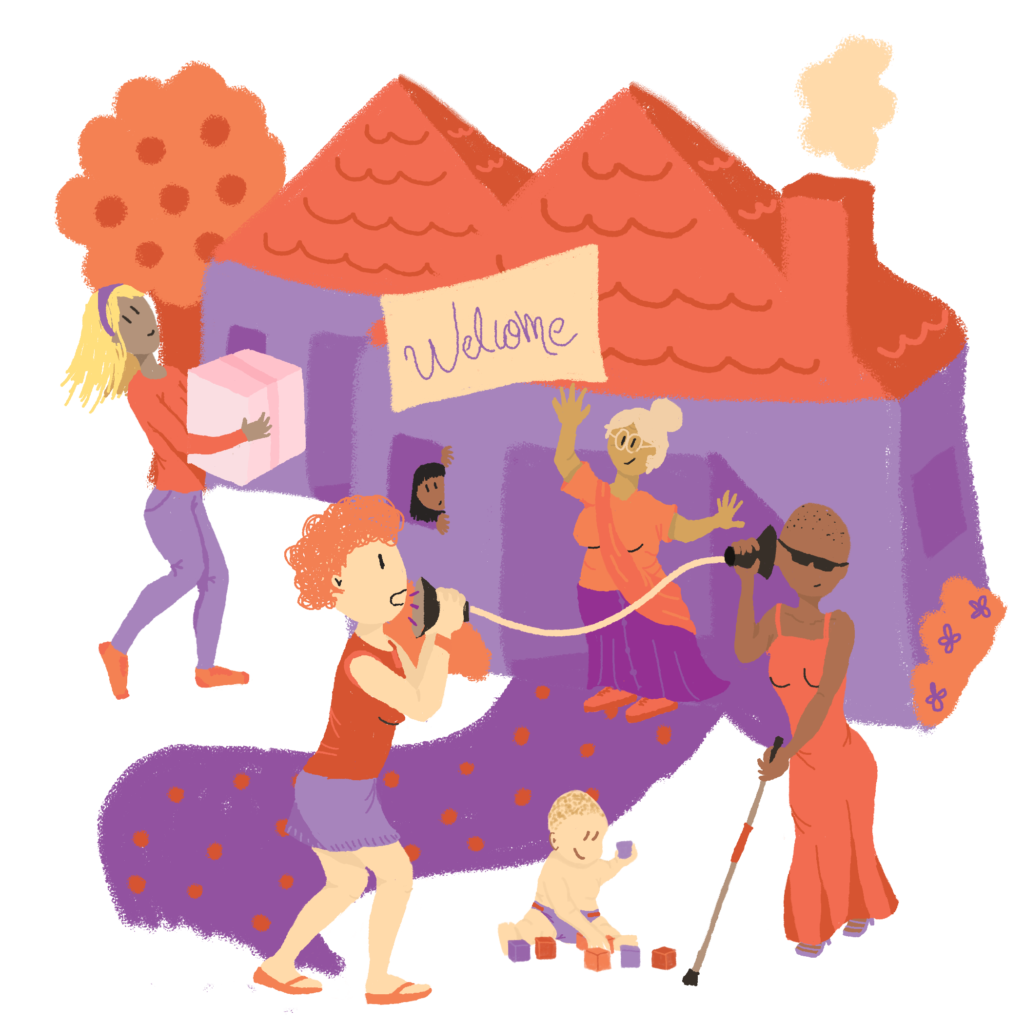
Family and domestic violence (FDV) services within Western Australia include:
Refuges are generally the most well-known family and domestic violence support service.
They provide safe and secure, supported accommodation for women and children who are in crisis and in danger from perpetrators of family and domestic violence. There are also refuges for single women.
Women’s refuges have trained staff who can provide support in a number of areas. Many refuges may have counselling or advocacy services onsite or can refer out to specialist services.
There are a number of women’s refuges in the Perth Metropolitan Area and across Regional Western Australia where they can be known as safe houses.
Refuges and safe houses provide support time frames, meaning, some may provide 1-2 nights crisis accommodation and others may provide up to 1 – 3 months accommodation.
If you require safe accommodation immediately, please call:
Crisis Care and the Women’s Domestic Violence Helpline are state wide phone numbers. Crisis Care and the Women’s Domestic Violence Helpline can provide information on what services are available and complete an assessment.
When you call the crisis helplines you will be asked several questions as your situation needs to be fully understood to make an assessment of the perpetrators risk to your safety. You will receive a response or advice on what supports are available for you to access.
These helplines acknowledge that a victim survivor knows their situation best and will try to support what you want. Workers understand that this can be a very traumatic and anxious time and will try and respond to the crisis as quickly as possible. These helplines will also explore options with you to keep you safe depending on your circumstances. This assistance can be provided by sourcing other accommodation such as hotels, or caravan parks or providing funds for transport to get somewhere safe.
Crisis Care and the Women’s Domestic Violence helplines can also refer to other agencies or advocate and liaise with police, refuges, and hospitals. These helplines will also be able to plan with you to help you stay safe.
You can use the Directory to find Refuges/Safe Houses that are located within your region.
Some refuges may have access to transitional housing which is a safe and supported place to stay while you are looking for permanent accommodation. This accommodation is limited, and successful candidates are assessed by refuge staff once women (and children) are within refuge accommodation.
Refuges can provide a variety of supports which include but are not limited to:
Support will be determined by the individual service.
Safe at Home is a program that believes it is a woman’s right to stay in her home and feel safe.
The program aims to minimise the social and financial effects of escaping family and domestic violence that can happen when women are forced to leave the family home. Safe at Home can prevent women and children from being homeless, disconnected from community, unemployed, or children’s schooling being disrupted.
Trained and skilled workers can assist women through risk assessments and safety plans to determine their safety needs and assist them with this, for example taking out a Family Violence Restraining Order, or installing a new security feature in the home.
Safe at Home programs are creative in what supports they can provide to a woman and support can including basic outreach services -women can discuss these options with a support worker.
Use the Region Map within the Directory to see what Safe at Home programs are available in your Region and what is required before support can commence.
Please note – Safe at Home programs are funded to provide support within specific Regions.
The Western Australian Police can also refer into a Safe at Home program, following a family and domestic violence incident.
There is also a Safe at Home program directed at ‘Men Who Use Violence’ this is called Safe at Home-Perpetrator Response Program and more information about this program can be found under the ‘Men’s Programs and Supports Pillar’.
Outreach programs provide specialised family and domestic violence support to you in the community even if you have not accessed a refuge. Workers can meet in convenient locations of your choice, such as the local park or coffee shop and discuss your support options and needs.
Many outreach services will still work if you are in a relationship where family and domestic violence is occurring. This service is client led and holistic, meaning workers will go at your pace and support your decision-making. Support also encompasses emotional recovery which can include support with daily living skills.
Services may also be able to help build confidence, self-esteem and community connection through programs and activities.
Outreach support is always confidential, and workers can provide support in a number of areas including:
Outreach programs can provide intervention and prevention strategies if you are experiencing family and domestic violence.
Essentially, outreach programs aim to assist women to rebuild their lives and focus on independence, stability and safety.
Please note that outreach services can provide different supports depending on your location and the organisation you engage with.
You can call individual outreach programs to learn more about the types of supports they provide and how they will accept a referral.
When responding to family and domestic violence incidents the WA Police use a collaborative approach that focuses on timely and early intervention. The WA Police aim to provide a thorough family and domestic violence response, when members of the community request support, police will explain what action can be taken.
Specialist family and domestic violence services work in partnership with Western Australia Police (WA Police) and the Department of Communities to triage of WA Police Domestic Violence incident reports and provide appropriate responses for families and individuals experiencing family and domestic violence (FDV).
Individual cases will be assessed within a ‘category’ response system known as the ‘coordinated response system’. There are three categories that determine risk through a number of factors such as:
Risk assessments can also be made by the agencies against previous incidents that have occurred, and cases are examined daily.
The Police ultimately want to keep women and children safe and hold the perpetrator accountable for their actions and behavior. This response system also ensures there is timely support and intervention provided to women following a police call out.
Through this system women can also be provided case management and a variety of support services, that they can then choose to engage with.
If you are experiencing physical harm one of the best steps you can take in regard to your safety is to call the police.
For more information on family and domestic violence police matters, resources and information please refer to the WA Police’s Family Violence Page.
Many women can be reluctant to phone the Police when experiencing violence, this can be due to a variety of factors such as:
It is important to note that family and domestic violence is a major community issue within Western Australia and that the police have dedicated Family and Domestic Violence units with staff trained to respond appropriately, and to help victims stay safe, get support, and navigate the system.
Better understanding the system will hopefully help women reach out when they need help or are in danger.
Counselling and advocacy can be an essential part of a woman’s healing journey.
There are organisations throughout Perth and Regional Western Australia who offer family and domestic violence counselling and advocacy programs.
Workers within this field have an in depth understanding of women and children experiencing family and domestic violence and what their needs are.
Family and domestic violence counsellors are usually women and offer a safe, non-judgemental and compassionate approach and recognise that women are the experts of their own lives.
Counselling can assist you to understand your situation in a deeper way and find solutions to issues that have been caused by family and domestic violence. Counsellors are trained to assist you with identifying options and making choices that are right for you. The process is holistic and led by the woman at her own pace.
You may also find it helpful to have your feelings validated and be provided a space to openly discuss how family and domestic violence has affected you.
Advocacy support can include many different forms of support and workers will do their best to respond to your current needs. This may include providing information, liaising with the police, making referrals to other organisations in other service areas such as mental health, drug and alcohol or legal support.
Advocates can also provide family and domestic violence education and emotional support.
Generally counselling and advocacy does not provide a crisis response, yet once accessing counselling or advocacy services you can be referred onto a crisis service if that is what you need.
Counselling and advocacy services can be very helpful when you are in a crisis as they can help you safety plan and help you and your children to be as safe as possible in the circumstances. Not all women can go into a refuge when they are in crisis.
A number of family and domestic violence services offer therapeutic and wellbeing groups to women who have experienced family and domestic violence.
The groups focus on individual empowerment and contain a variety of topics and activities, which include but are not limited to:
Interactive workshops are warm and welcoming and offer participants the opportunity to connect with women in similar circumstances, women often enjoy meeting women from all walks of life who have had similar experiences to themselves and are also on a healing journey.
Groups are usually held over several weeks, so that trust and connection can naturally develop and are facilitated by trained experts within their field.
As well as developing skills and awareness, women may also learn about other support services or support needs they have which can include physical or emotional health.
Please note some women’s community-based health services provide a range of other supportive wellbeing groups, please see their individual websites for information and calendar.
The biggest benefit to women is the sense of community, belonging and acceptance a participant feels from taking part in the Positive Pathways program. Participating in the courses they feel valued and connected. It is something that has been developed specific to their needs and is their space. The programs give women a sense of purpose and hope; and can completely alter the direction and outlook on life.
Positive Pathways – Zonta House Refuge Association
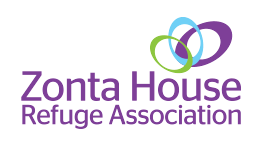
Children and young people are victims ‘in their own right,’ when they are exposed to family and domestic violence or are being directly abused.
They have the right to their own supports and services in order to be safe, to recover and connect with their communities.
Throughout Western Australia there are a small number of specialised family and domestic services for children and young people.
These can be found in a refuge setting, community service providers and some women’s community based health services. Support can be provided individually to the child or young person, or in addition to the support their mother is receiving.
These services ensure that the experience for children or young people is safe, positive, supportive and helpful. Their aim is to help children, young people and their families heal from the harmful, psychological, emotional and social effects of family and domestic violence.
The types of services available for children and young people include:
Counselling generally takes place in a safe and supportive environment to enable children to explore their feelings surrounding violence and abuse.
Support is confidential and can address a wide range of behavioral, social, emotional and learning problems that a child or young person may be experiencing in the context of family and domestic violence. These services build on young people’s strength and resilience.
To access these services you can either self-refer, have another agency refer you, or be referred by Department for Child Protection and Family Support.
Overall, these services aim to help children and young people feel safe and well.
Support for Parents and Carers
Family and domestic violence services for children and young people can also provide supports to non-offending parents or caregivers.
Through these services there can be opportunities to access counselling to support their own safety and healing while assisting their child’s healing process.
Education and information sessions are offered that focus on the effects of trauma on children’s development and behaviour.
These sessions can help gain a deeper understanding of child’s behaviours and how to respond.
There may also be opportunities for parents and caregivers to attend therapeutic groups where they can meet other parents, caregivers and survivors of family and domestic violence.
If any information on this page is not up to date or you have any suggestions, please contact us.
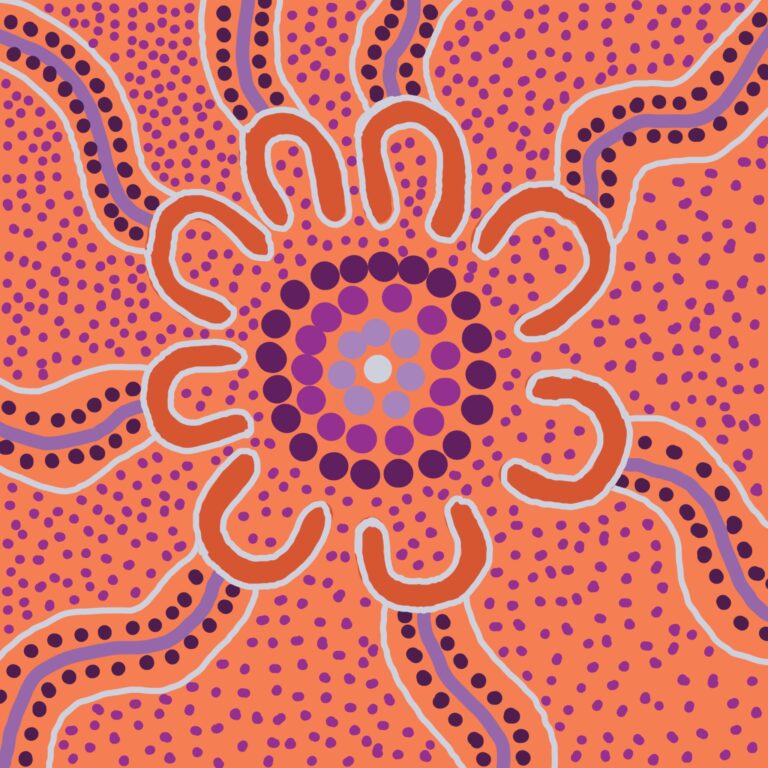

The Centre for Women’s Safety and Wellbeing acknowledges Aboriginal and Torres Strait Islander peoples as the Traditional Custodians and first peoples of Australia. We recognise the impacts of colonisation and dispossession and the contemporary disadvantage experienced by Aboriginal and Torres Strait Islander peoples. The Centre for Women’s Safety and Wellbeing is committed to working alongside Aboriginal and Torres Strait Islander women and men to end violence against their women and children in Western Australia.
The Centre for Women’s Safety and Wellbeing acknowledges the strength and resilience of adults, children and young people who have experienced family and domestic violence. We pay respects to those who did not survive and acknowledge the families, friends and communities who have lost loved ones to this preventable and widespread issue. We are committed to ensuring responses to family and domestic violence are informed by lived experience.
The Centre for Women’s Safety and Wellbeing recognises, welcomes and respects people of diverse gender, sex and sexuality. We are committed to greater inclusion of lesbian, gay, bisexual, transgender, intersex and queer people (LGBTIQ).
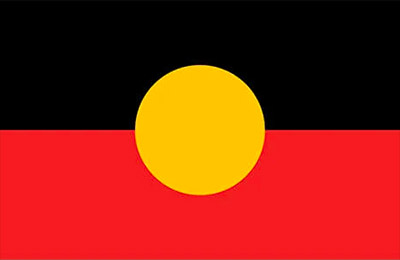
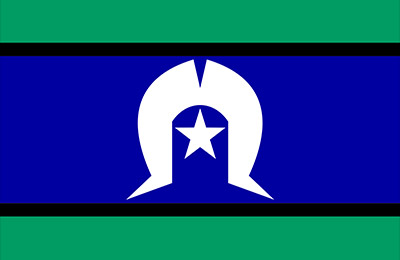

Use the quick exit button on the top right, or:
On a mac, press ⌘ and W together
On a windows, press Ctrl and W together
To remove all traces of you visiting this website, please clear your browser history.
To learn how to clear your browser history, please click here.
Your donation will help the Centre for Women’s Safety and Wellbeing continue to advocate for women and children affected by family, domestic and sexual violence in Western Australia. It will help us continue to strive for better health for women and girls and move towards gender equality.
Thank you for improving the lives of women and children in Western Australia.